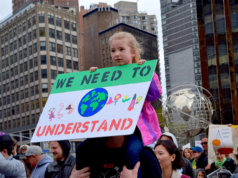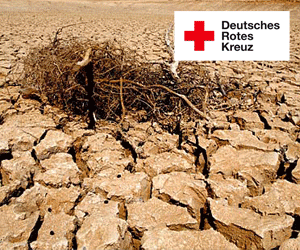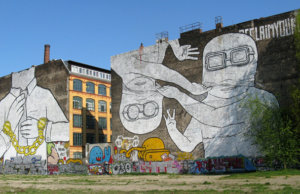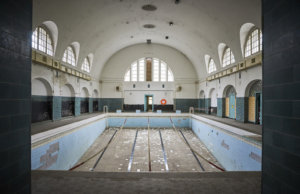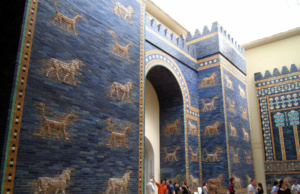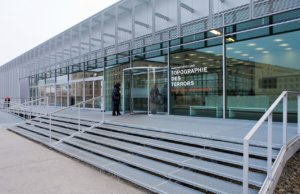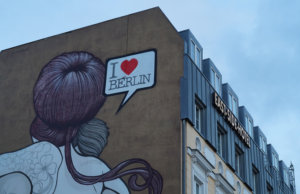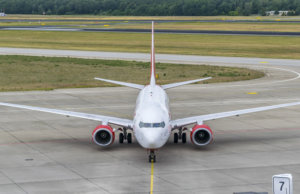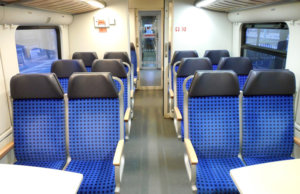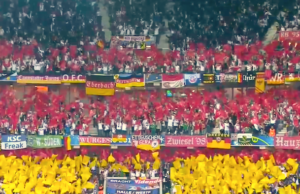Germany is often considered one of the world leaders in sustainability—spearheading campaigns to reduce carbon emissions and initiating new and intelligent concepts towards more ecological technologies. There have even been two German cities awarded European Green Capital champions in the past 10 years: Hamburg (2013) and Essen (2017).
The capital city didn’t live up to the German standard this past week, however, when Berlin’s mayor Michael Müller rejected a new cycling law that could reduce CO2 emissions in the capital city significantly.
The cycling situation in Berlin
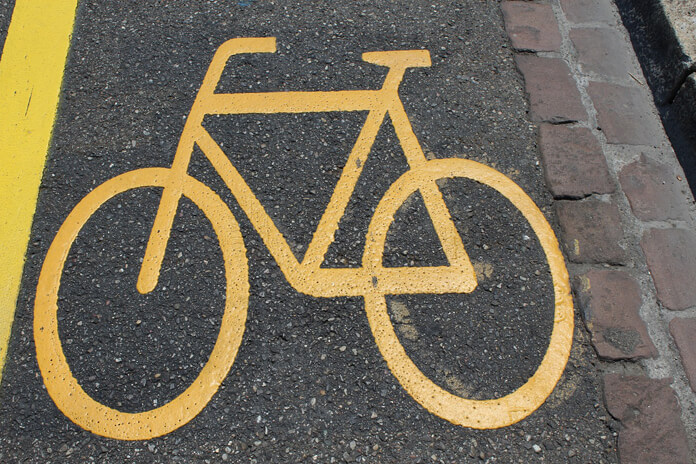
Activists have accused Mayer Michael Müller of blocking the new cycling law that could help Berlin reach its goal of reducing CO2 emissions by 40% on 1990 levels by 2020. Currently, it’s estimated that the city will barely reach the 20% reduction mark.
The initiative “Volksentescheid Fahrrad” (“bicycle referendum”) is currently trying to collect sufficient signatures to force a referendum on a new law to bring a variety of improvements towards the cities cycling infrastructure, making it safer and convenient for residents to choose this method of transport. These changes include: making dangerous crossings safer for cyclists, developing a 250 km network of bike lanes throughout the city and 200,000 extra parking spaces.
A difference of opinion on cycling law
While Berlin’s government is defending their choice to reject the cycling law, and the decision is more complicated than it seems to on surface. Michael Pallgen, spokesman for the ministry of urban development and the environment says,
“Sustainable mobility should, in the government’s opinion, be guaranteed with preference for public transport, cycling, and pedestrians. But that always has to happen in an integrated plan as part of a total transport policy. Re-structuring streets and public spaces is always a negotiating process of different interests and needs.”
Müller opened the “German Habitat Forum,” a conference “aimed at making cities more sustainable and livable” and that “Mr. Müller is happy to be the host of the event because in Berlin you can directly observe participatory sustainable development.”
Critics have noted that, “in reality, Berlin is building automobile highways that would be deemed unacceptable from an environmental perspective.”
Campaigners also say that Müller has deliberately stalled the cycling law initiative, especially by inflating the costs of construction to €2.1 billion, which is realistic if you make the maximum possible construction costs, making no allowance for intelligent solutions.
Rammler says that even the most expensive cycling path will be a fraction of that of a road: “One kilometer of cycle lane costs 200,000 euros, but one kilometer of highway costs six million euros.”
As well, Berlin is blessed with very wide streets and implementation of cycle paths would not be significantly disruptive to traffic.
Challenges of urban traffic

With dense concentrations of automobiles in a relatively small area, urban traffic is considered one of the world’s biggest polluters. According to Stephan Rammler, professor of transportation design in Braunschweig, approximately 70% of the world’s CO2 emissions are derived from cities, with roughly 23% of that generated by road traffic.
In the future, global road traffic is only expected to increase, especially as incredibly densely populated developing countries become more affluent. In fact, Rammler states that the traffic is expected to increase by several orders of magnitude in the next few decades and, “No one, no scientist, has any idea of how that traffic increase will be dealt with,” according to Deutsche Welle.
And in Germany, for example, the traffic sector seems to be making no significant trend towards more sustainable solutions in comparison to other sectors, such as energy. There is some hope, however, as illustrated by the fact that the German government will be providing €1 billion in subsidies for electric vehicles.
“Sustainability starts in our cities”
According to UN Secretary General Ban Ki-Moon, “Our struggle for global sustainability will be on or lost in cities.” Dense populations, relatively short routes and the ability to integrate many alternatives to individual vehicles imply urban areas can make the most significant impact towards sustainable traffic solutions.
Rammler was thus so surprised by Müller’s rejection of the law, which would make cycling easier and safer in the city and potentially reduce each Berliner’s carbon footprint by 0.3 tons per year.



